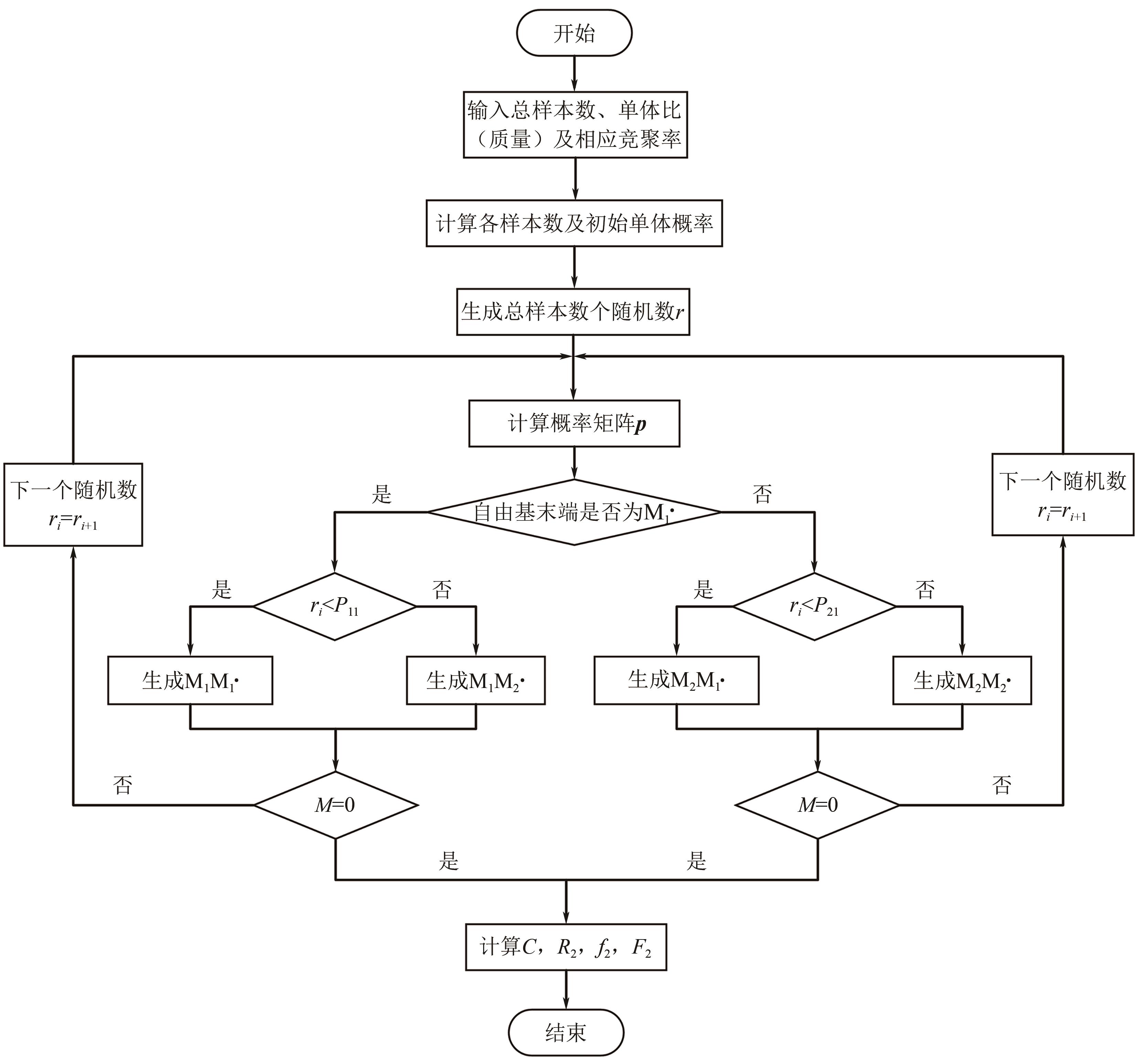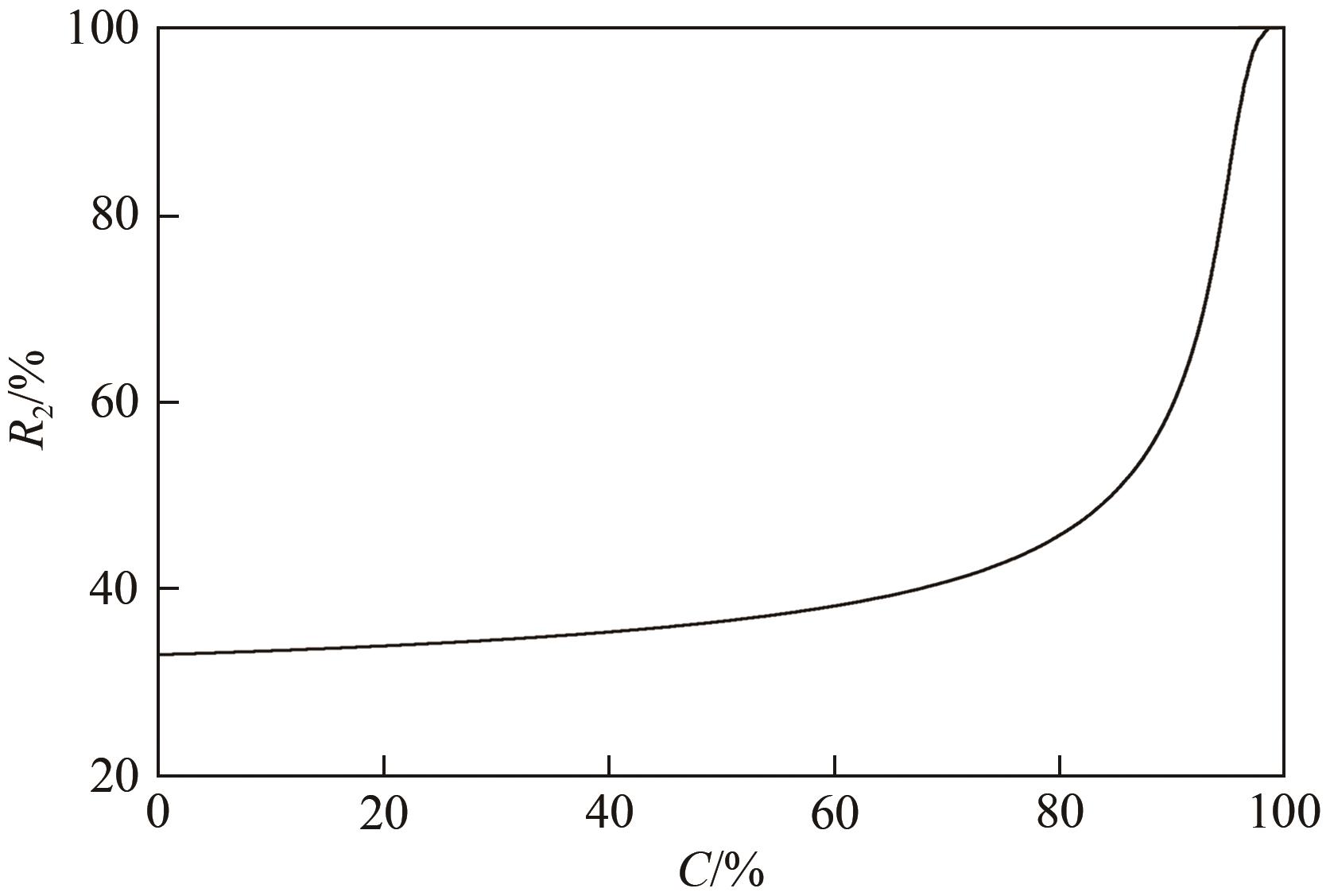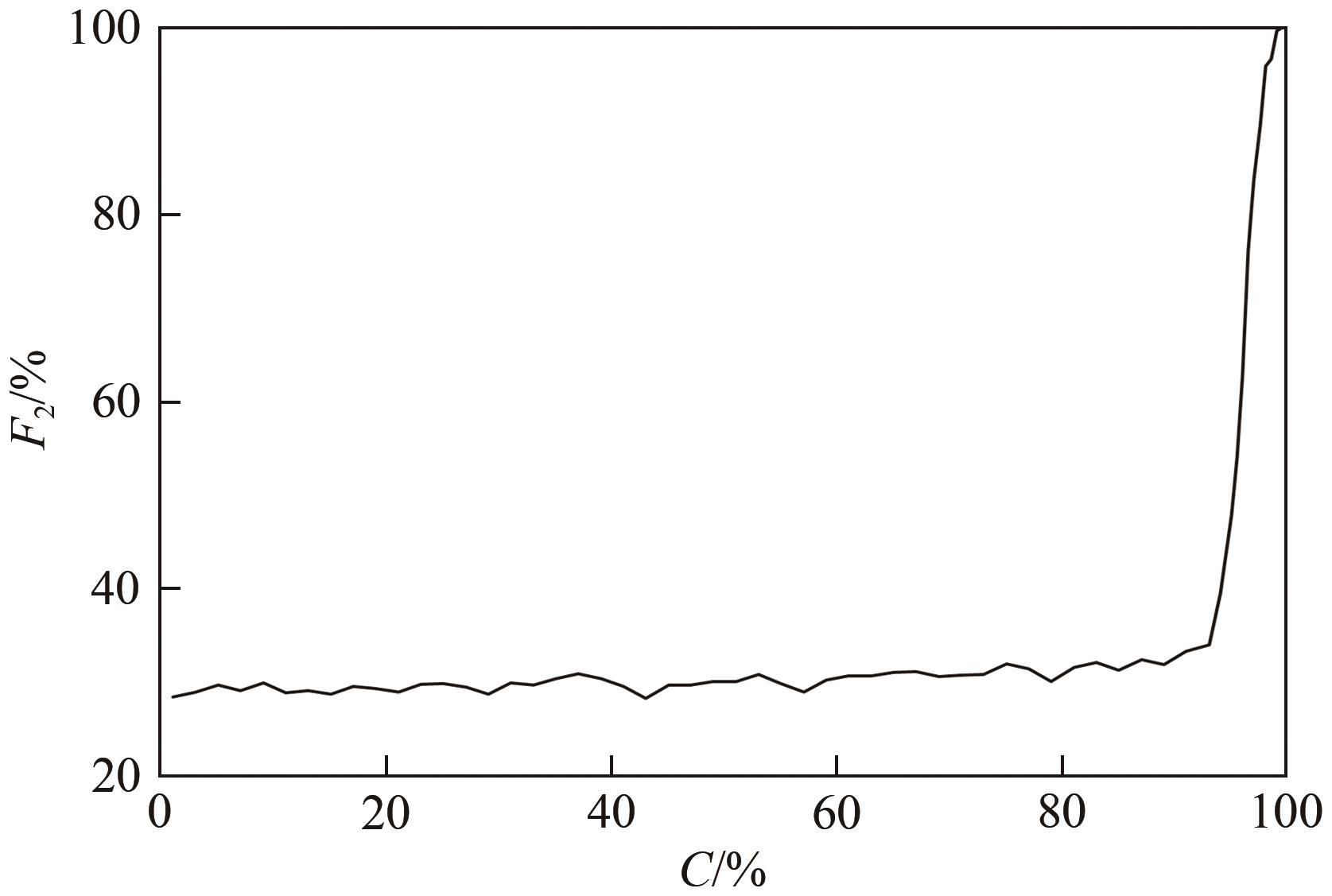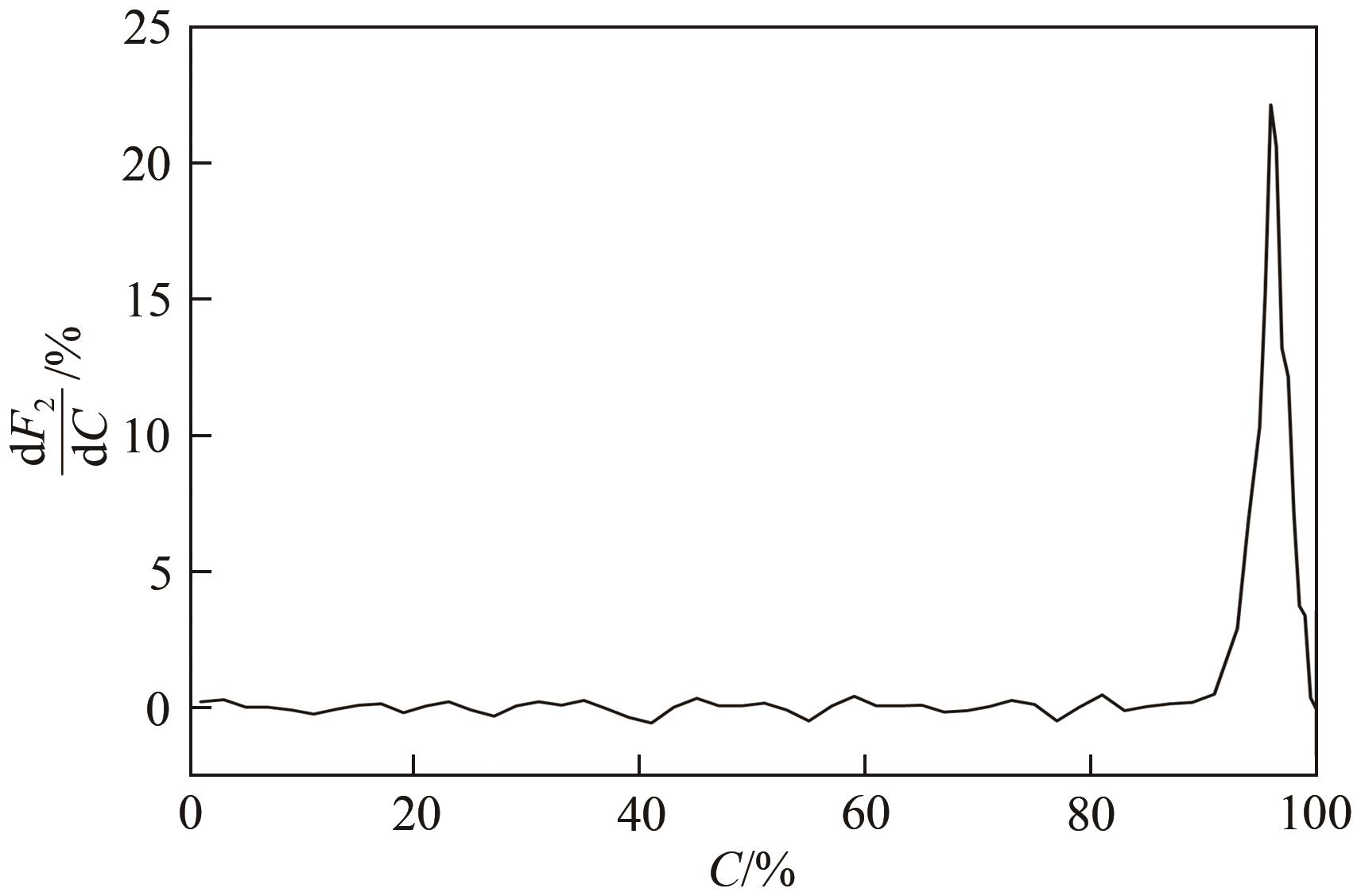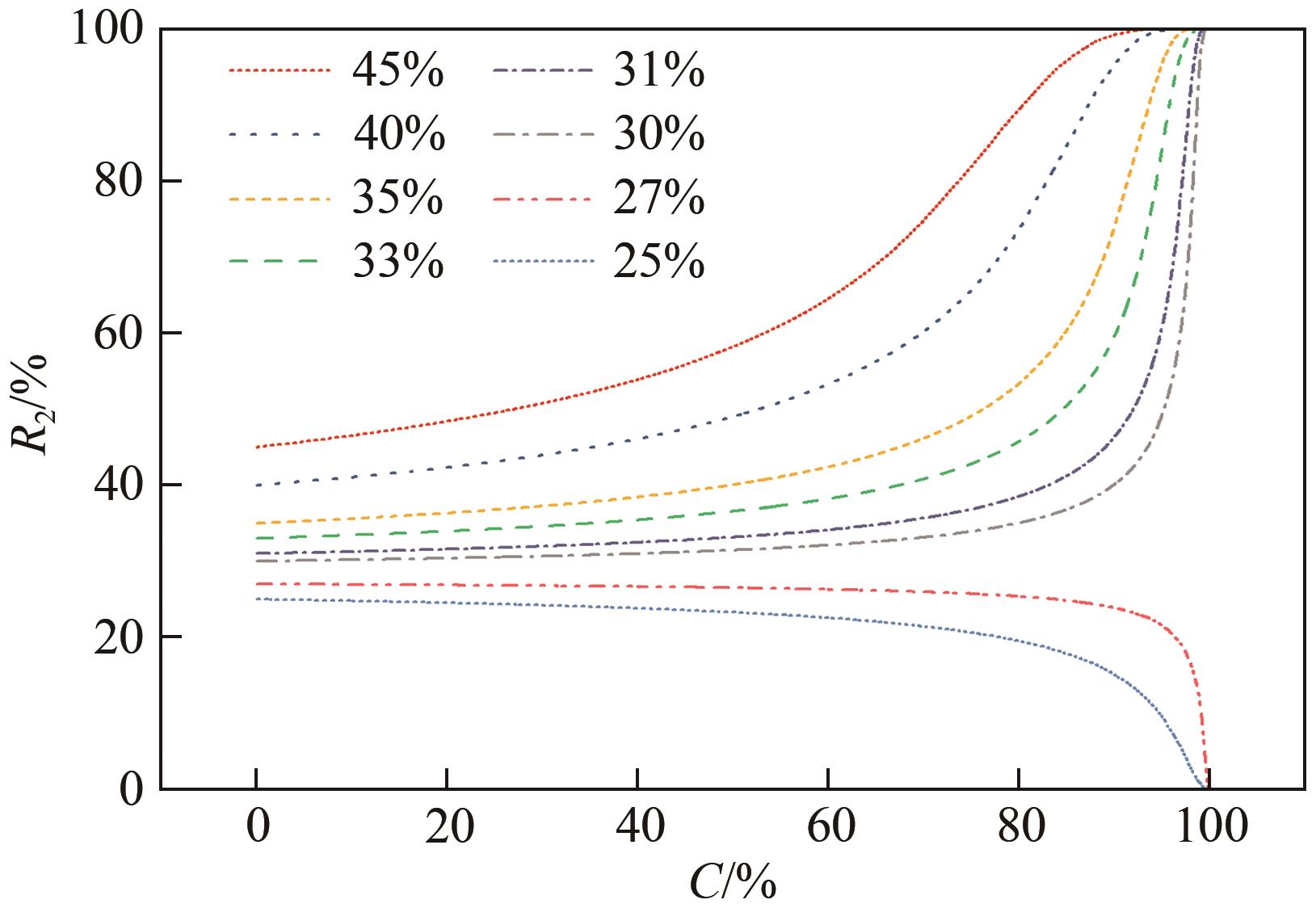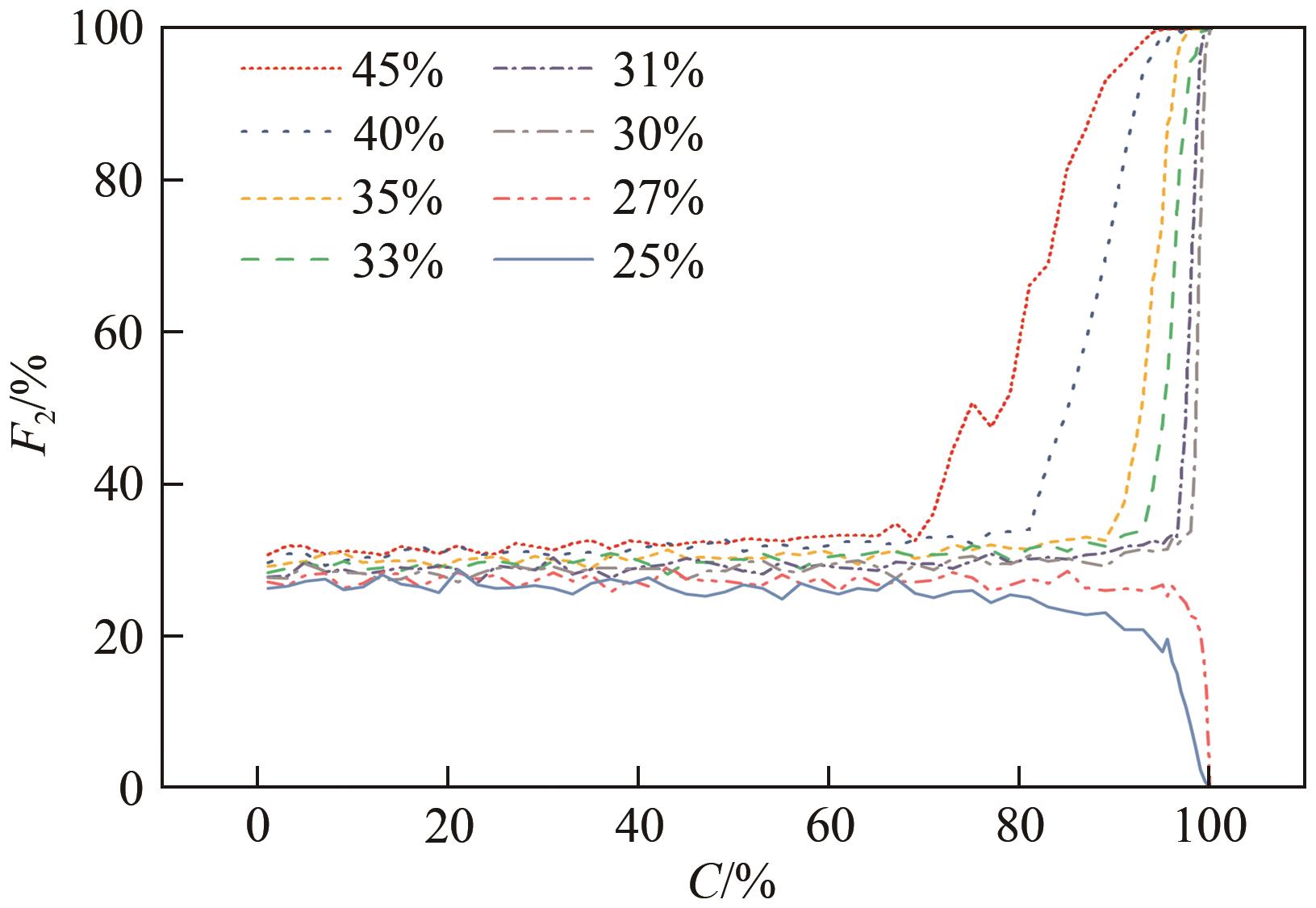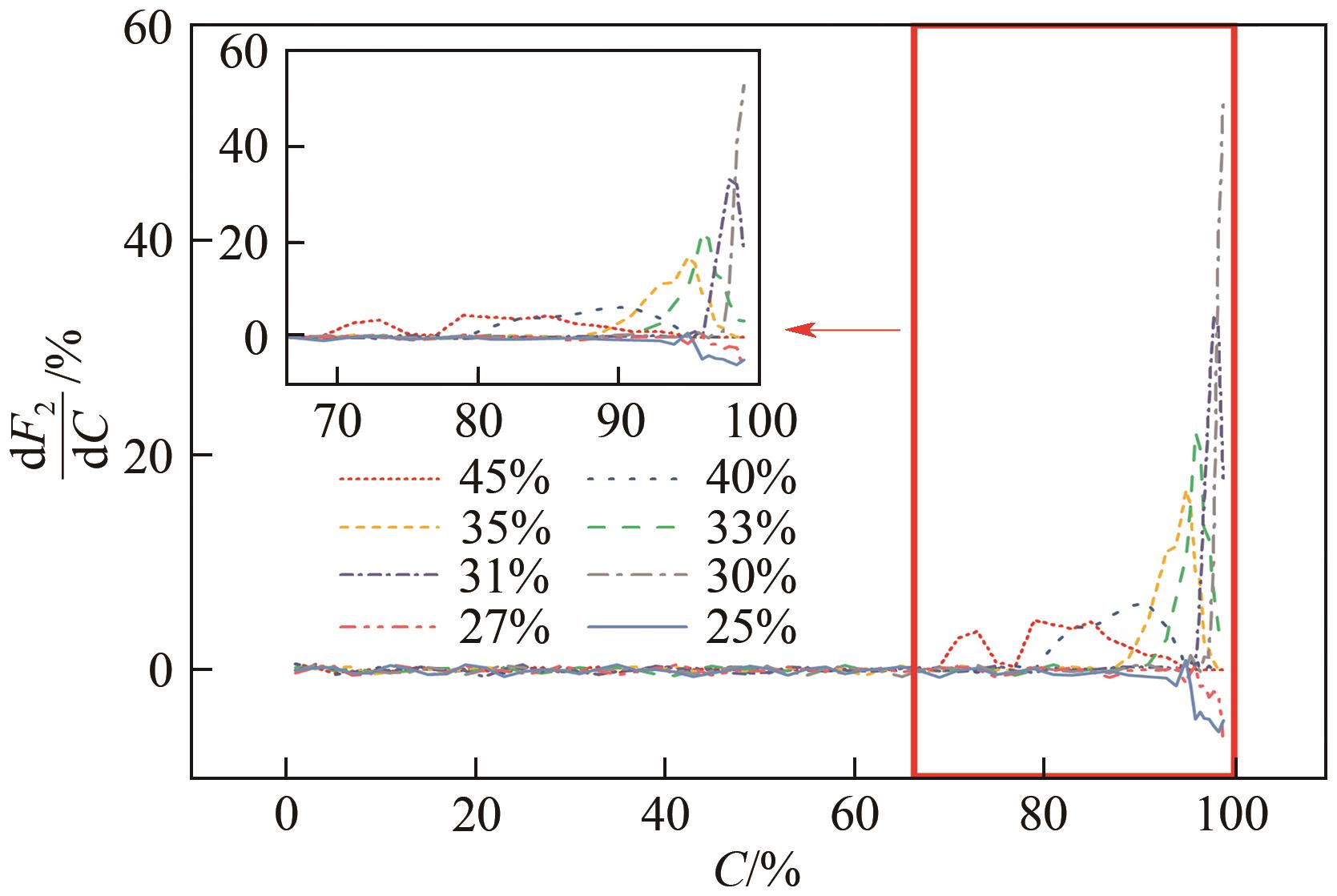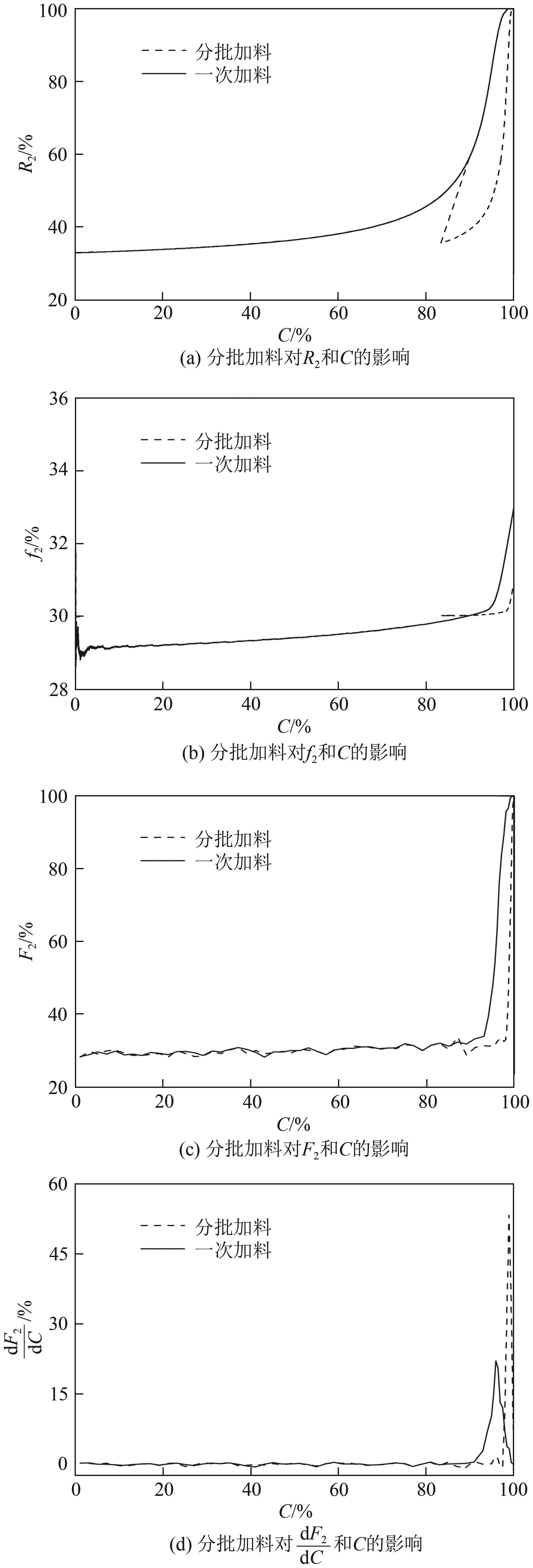| 1 |
安泽胜, 陈昶乐, 何军坡, 等. 中国高分子合成化学的研究与发展动态[J]. 高分子学报, 2019, 50(10): 1083-1132.
|
|
AN Zesheng, CHEN Changle, HE Junpo, et al. Research and development of polymer synthetic chemistry in China[J]. Acta Polymerica Sinica, 2019, 50(10): 1083-1132.
|
| 2 |
李伯耿, 罗英武, 刘平伟. 聚合物产品工程研究内容与方法的思考[J]. 化工进展, 2023, 42(8): 3905-3909.
|
|
LI Bogeng, LUO Yingwu, LIU Pingwei. Consideration on research content and method of polymer product engineering[J]. Chemical Industry and Engineering Progress, 2023, 42(8): 3905-3909.
|
| 3 |
赵继永, 王志鹏, 程世婧, 等. 高性能聚合物泡沫材料的制备性能与应用研究进展[J]. 高分子材料科学与工程, 2020, 36(6): 136-144.
|
|
ZHAO Jiyong, WANG Zhipeng, CHENG Shijing, et al. Preparation, properties and applications of high-performance polymeric foam materials[J]. Polymer Materials Science & Engineering, 2020, 36(6): 136-144.
|
| 4 |
胡方圆, 刘冬明, 李佳乐, 等. 高性能聚合物在新型储能领域的应用进展[J]. 中国材料进展, 2019, 38(10): 990-998, 1016.
|
|
HU Fangyuan, LIU Dongming, LI Jiale, et al. Advances in application of high-performance polymers in the new energy storage field[J]. Materials China, 2019, 38(10): 990-998, 1016.
|
| 5 |
余胜泉, 徐刘杰. 大数据时代的教育计算实验研究[J]. 电化教育研究, 2019, 40(1): 17-24.
|
|
YU Shengquan, XU Liujie. Education computational experiment research in the era of big data[J]. e-Education research, 2019, 40(1): 17-24.
|
| 6 |
陆书来, 张欣颖, 东升魁, 等. 提高转化率对乳聚丁苯橡胶性能的影响[J]. 合成橡胶工业, 2006, 29(3): 170-173.
|
|
LU Shulai, ZHANG Xinying, DONG Shengkui, et al. Effect of increasing conversion on performance of emulsion polymerized styrene butadiene rubber[J]. China Synthetic Rubber Industry, 2006, 29(3): 170-173.
|
| 7 |
孟庆民. 苯乙烯-丙烯腈梯度共聚物序列结构的13C-NMR表征及动态Monte Carlo模拟[D]. 上海: 华东师范大学, 2006.
|
|
MENG Qingmin. Characterization by 13C-NMR and Monte Carlo simulation on sequence structure of styrene-acrylonitrile gradient copolymers[D]. Shanghai: East China Normal University, 2006.
|
| 8 |
刘春, 张国杰, 王衍, 等. 碳纳米管表面接枝聚合物动力学的粗粒化模拟研究[J]. 中国科学: 化学, 2023, 53(4): 778-788.
|
|
LIU Chun, ZHANG Guojie, WANG Yan, et al. Coarse-grained simulation study of polymer chain-grafted carbon nanotubes prepared via grafting-from strategy[J]. Scientia Sinica Chimica, 2023, 53(4): 778-788.
|
| 9 |
刘睿, 陈曦. 聚合反应过程中的蒙特卡洛方法[J]. 高校化学工程学报, 2021, 35(3): 389-399.
|
|
LIU Rui, CHEN Xi. Review on the Monte Carlo method in polymerization processes[J]. Journal of Chemical Engineering of Chinese Universities, 2021, 35(3): 389-399.
|
| 10 |
NASRESFAHANI Amin, IDOWU Loretta A, HUTCHINSON Robin A. Extractable content of functional acrylic resins produced by radical copolymerization: A comparison of experiment and stochastic simulation[J]. Chemical Engineering Journal, 2019, 378: 122087-122099.
|
| 11 |
PEIKERT Paul, PFLUG Kristina M, BUSCH Markus. Modeling of high-pressure ethene homo- and copolymerization[J]. Chemie Ingenieur Technik, 2019, 91(5): 673-677.
|
| 12 |
REGO Artur S C, BRANDÃO Amanda L T. Parameter estimation and kinetic Monte Carlo simulation of styrene and n-butyl acrylate copolymerization through ATRP[J]. Industrial & Engineering Chemistry Research, 2021, 60(23): 8396-8408.
|
| 13 |
CAVALLI Federica, DE KEER Lies, HUBER Birgit, et al. A kinetic study on the para-fluoro-thiol reaction in view of its use in materials design[J]. Polymer Chemistry, 2019, 10(22): 2781-2791.
|
| 14 |
AGARWAL Umang, DEN DOELDER Jaap. Integrated kinetic Monte Carlo-structure-rheology model for solution copolymerization of ethylene and α-olefins[J]. Macromolecules, 2019, 52(1): 292-310.
|
| 15 |
李黎. 苯乙烯-丙烯腈在聚醚介质中的接枝共聚合[D]. 杭州: 浙江大学, 2012.
|
|
LI Li. Graft copolymerization of stvrene and acrylonitrile in the presence of polyether polyol[D]. Hangzhou: Zhejiang University, 2012.
|
| 16 |
金彦江, 沈本贤, 赵基钢, 等. 乳聚丁苯橡胶中苯乙烯结合量与单体转化率的Monte Carlo模拟[J]. 合成橡胶工业, 2012, 35(4): 268-271.
|
|
JIN Yanjiang, SHEN Benxian, ZHAO Jigang, et al. Monte Carlo simulation for relation between bound styrene content and monomer conversion in synthesis of styrene-butadiene rubber by emulsion polymerization[J]. China Synthetic Rubber Industry, 2012, 35(4): 268-271.
|
| 17 |
赵晓燕. 混合同余法产生随机噪声的FPGA实现[J]. 电子科技, 2016, 29(5): 49-50, 54.
|
|
ZHAO Xiaoyan. FPGA implementation of random noise generation by mix congruence method[J]. Electronic Science and Technology, 2016, 29(5): 49-50, 54.
|
| 18 |
兰胜坤. 基于MATLAB的直接序列扩频通信系统的仿真模型[J]. 信息系统工程, 2023(10): 24-27.
|
|
LAN Shengkun. Simulation model of direct sequence spread spectrum communication system based on MATLAB[J]. China CIO News, 2023(10): 24-27.
|
| 19 |
张大伟, 邵英海, 左垒. 基于线性同余法的伪随机数产生算法[J]. 辽东学院学报(自然科学版), 2018, 25(3): 201-206.
|
|
ZHANG Dawei, SHAO Yinghai, ZUO Lei. Pseudo random number generation algorithm based on linear congruence method[J]. Journal of Eastern Liaoning University (Natural Science Edition), 2018, 25(3): 201-206.
|
| 20 |
龚纯, 王正林. MATLAB语言常用算法程序集[M]. 2版. 北京: 电子工业出版社, 2011: 367.
|
|
GONG Chun, WANG Zhenglin. MATLAB language commonly used algorithm assembly[M]. 2nd ed. Beijing: Publishing House of Electronics Industry, 2011: 367.
|
 ), 陈钰1, 袁向前1, 刘纪昌1,2, 赵基钢1,2(
), 陈钰1, 袁向前1, 刘纪昌1,2, 赵基钢1,2( )
)
 ), CHEN Yu1, YUAN Xiangqian1, LIU Jichang1,2, ZHAO Jigang1,2(
), CHEN Yu1, YUAN Xiangqian1, LIU Jichang1,2, ZHAO Jigang1,2( )
)
